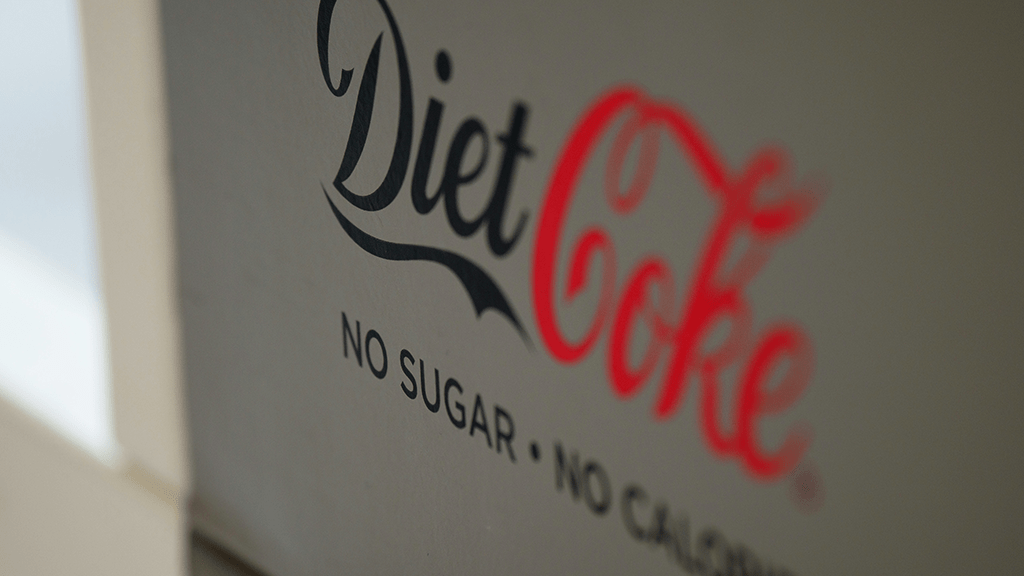IARC to Label Aspartame Sweetener as a Possible Carcinogen.

June 29, 2023: The World Health Organization’s cancer research arm, the International Agency for Research on Cancer (IARC), is set to declare aspartame, a widely used artificial sweetener, as a possible cancer risk for humans. This decision, expected to be announced in July, comes after a safety review conducted by the IARC, which aims to determine whether a substance poses a potential hazard based on available evidence.
Aspartame is commonly found in various products, including Coca-Cola diet sodas, Mars’ Extra chewing gum, and certain Snapple drinks. The IARC’s classification of aspartame as “possibly carcinogenic to humans” means limited evidence suggests a link between aspartame and cancer. It falls below the more severe categories of “probably carcinogenic to humans” and “carcinogenic to humans.”
It’s important to note that the IARC’s assessment focuses on determining the potential hazard of a substance and does not consider the safe consumption levels for individuals. Recommendations regarding safe intake levels come from a separate expert committee on food additives called JECFA (Joint FAO/WHO Expert Committee on Food Additives) and are supported by national regulators.
While the IARC’s rulings have previously sparked concerns and led to lawsuits, they have also faced criticism for causing unnecessary alarm. Critics argue that the assessments can be confusing for the public. JECFA is also reviewing the use of aspartame this year and will announce its findings on the same day as the IARC’s decision.
Since 1981, JECFA has maintained that aspartame is safe for consumption within accepted daily limits. For instance, an adult weighing 60 kg (132 pounds) would need to consume between 12 and 36 cans of diet soda daily, depending on the aspartame content, to pose a risk. National regulators in the United States and Europe have widely supported this view.
The IARC and JECFA committees’ findings are confidential until their release in July. Both assessments are complementary, with the IARC’s conclusion representing the initial step to understanding the potential carcinogenicity of aspartame. The additives committee focuses on conducting a risk assessment to determine the probability of specific harm, such as cancer, under certain conditions and levels of exposure.
However, there are concerns among industry and regulators that holding both assessments simultaneously could lead to confusion. U.S. and Japanese regulators have requested coordination between the two bodies to avoid misunderstandings or concerns among the public.
The upcoming classification of aspartame as a possible carcinogen is expected to encourage further research and assist agencies, consumers, and manufacturers form more definitive conclusions. Nevertheless, it is likely to ignite debates regarding the role of the IARC and the overall safety of sweeteners.
The WHO recently published guidelines advising against using non-sugar sweeteners for weight control, which sparked controversy within the food industry. The industry argues that these sweeteners can benefit individuals seeking to reduce their sugar intake.
It is important to await the complete IARC evaluation before drawing firm conclusions. Previous studies have raised questions about the potential impact of aspartame on cancer risk, but further research is needed to establish more conclusive evidence.


















































